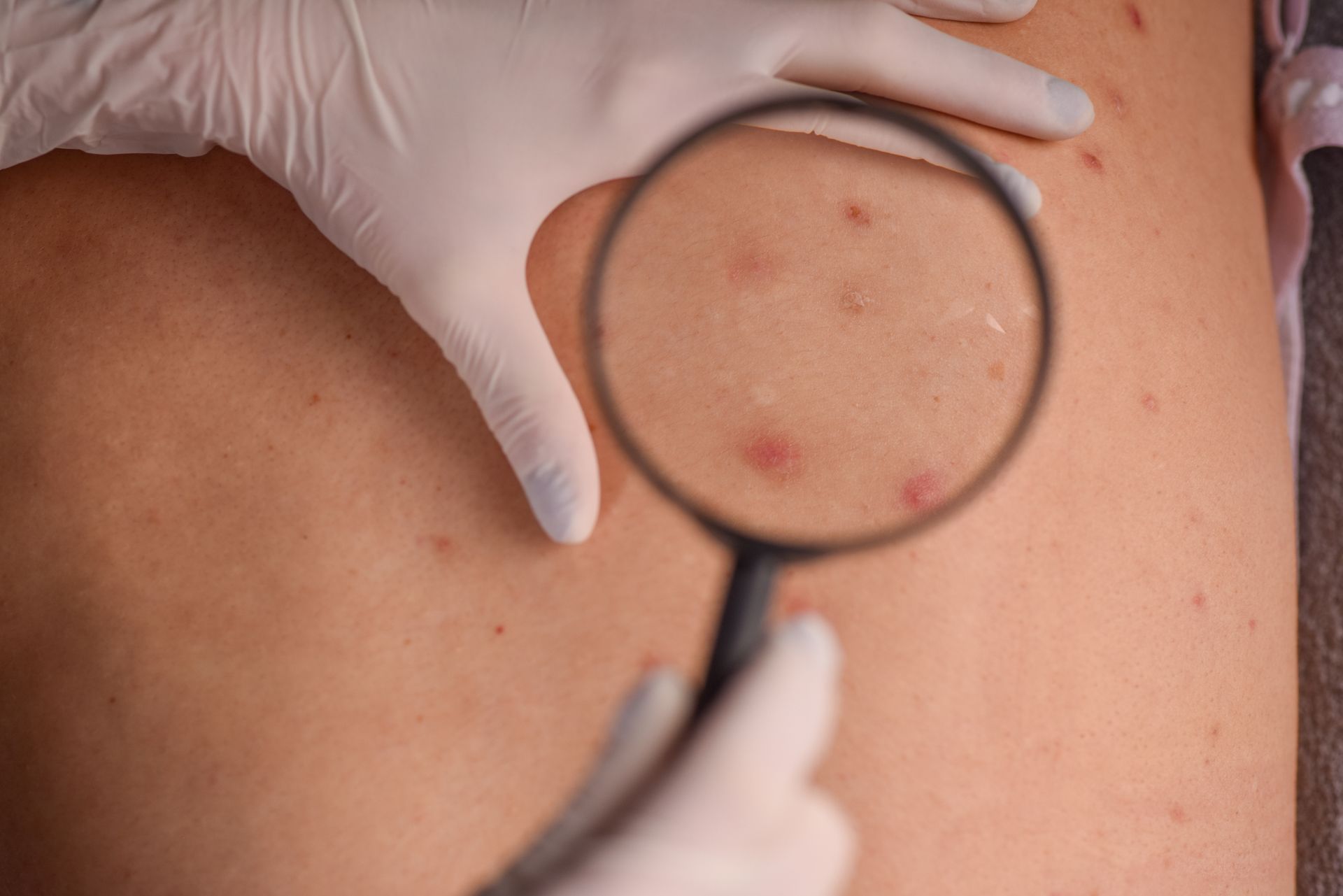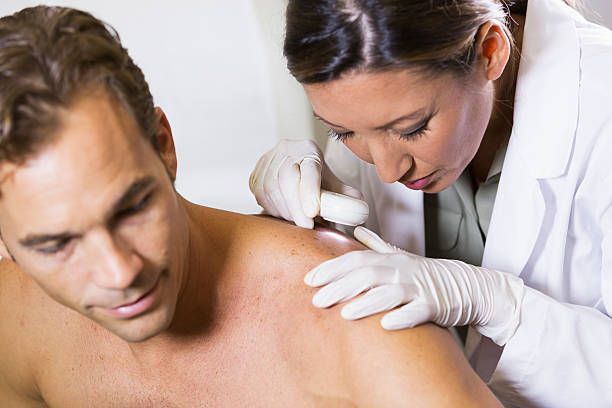Immediate and Practical tips on preparing for the spread of the Coronavirus ( COVID-19)
By Francisca Kartono, DO, FAOCD
As an ultimate optimist, I have never been one to occupy myself with doomsday scenarios. But in light of the recent developments around the worldwide spread of COVID-19, I am obligated to be ultra-prepared and exercise the ultimate caution in helping prevent any further potential spread of this disease. Even though as a relatively young and healthy adult I do not have a high chance of becoming severely ill from this coronavirus, I will help my community ( and the world) the most by not participating in the spread. I think we should all prepare for the worst, and compulsively clean our environment, because our neighbors, patients, family members and those around us need us to.
Who is most at risk for getting very sick with this virus:
- Older population are twice as likely to have serious illness. Patient ages 60-79 years old have the most fatalities according to the CDC (Centers for Disease Control) data in China.
- Those who have a chronic medical condition or are chronic smokers may have a worse outcome with the coronavirus infection. The men fared had more fatalities with COVID-19 than the women in China and there is definitely a higher percentage of male than female smokers in China.
What can we do to prevent spread of viruses in general :
- Avoid close contact with people who are sick.
- Avoid touching your eyes, nose, and mouth with unwashed hands.
- Stay home when you feel sick.
- Cover your cough or sneeze with a tissue, then throw the tissue in the trash.
- Clean and disinfect frequently touched objects and surfaces using a regular household cleaning product. Practice routine cleaning of frequently touched surfaces (for example: tables, doorknobs, light switches, handles, desks, toilets, faucets, sinks, tablets & cell phones)
- Wash your hands often with soap and water for at least 20 seconds, especially after going to the bathroom; before eating; and after blowing your nose, coughing, or sneezing.
- If soap and water are not readily available, use an alcohol-based hand sanitizer that contains 60%–95% alcohol.
When should you call your doctor and stay home or go to the Emergency Room (ER) when you are ill:
- If you feel like you are developing fever, cough, and shortness of breath, please call your doctor.
- If you develop emergency warning signs for COVID-19 go to the ER when you develop :
- Difficulty breathing
- Persistent pain in the chest
- New confusion or inability to arouse
- Blue lips or bluish face
Have a household plan of action:
Even though the virus is not at our doorstep in Michigan, don’t wait to prepare until it is too late. The best way to help our society is to be prepared so that in the case of exposure, we can contain it as quickly as possible by isolating the infection and getting ourselves better. If we are well equipped for isolation, we will not need to venture outside when sick and expose or put others at risk.
- Have a thermometer at home to check for fevers
- Have your medications handy in the case of flu-like symptoms ( Motrin, Tylenol, cough drops or cough syrups)
- Make sure you have some protective equipment at home such as toilet paper, kleenex supply, hand washes and sanitizers, but don’t panic buy for masks, gloves, and other advanced supplies. If you are depleting the protective equipment in the marketplace, you will put others at risk that truly need them ( for example: hospital workers, severely ill patients). The CDC does not recommend that people wear face masks to protect themselves from respiratory viruses. But if you are sick, you should wear a mask if you are entering public places to protect those around you.
- Have a plan for separate restrooms and bedrooms for in the case someone in the household becomes ill.
- Have enough shelf stable food in the pantry in the case of need for isolation at home for 2-3 weeks. This does not have to be highly nutritious and expensive food. Simple things such as potable water, medications, ramen, ready-to-eat meals and frozen dinners and fruits will do.
- When possible, have another member of your household care for your animals while you are sick. If you are sick with COVID-19, plan to avoid contact with your pet, including petting, snuggling, being kissed or licked, and sharing food. If you must care for your pet or be around animals while you are sick, wash your hands before and after you interact with pets and wear a facemask.
- You should not share dishes, drinking glasses, cups, eating utensils, towels, or bedding with other people or pets in your home.
Talk to your doctor via phone if you suspect you may have symptoms of the coronavirus. Your doctor can guide you in managing your situation, and a lot can be done via telephone to avoid transmission of the disease. Ask your doctor if testing for COVID-19 is appropriate and together you can alert the state and local health departments for more guidance. Put on a face mask if you are venturing into a clinical setting with symptoms.
For additional information about coronavirus or COVID-19 infection, please refer to the CDC’s website : https://www.cdc.gov/coronavirus/2019-ncov/index.html
For more information and guidance from the WHO regarding the COVID-19 outbreak, please check : https://www.who.int/emergencies/diseases/novel-coronavirus-2019
For more local developments and Michigan updates on coronavirus cases , please visit: https://www.who.int/emergencies/diseases/novel-coronavirus-2019






